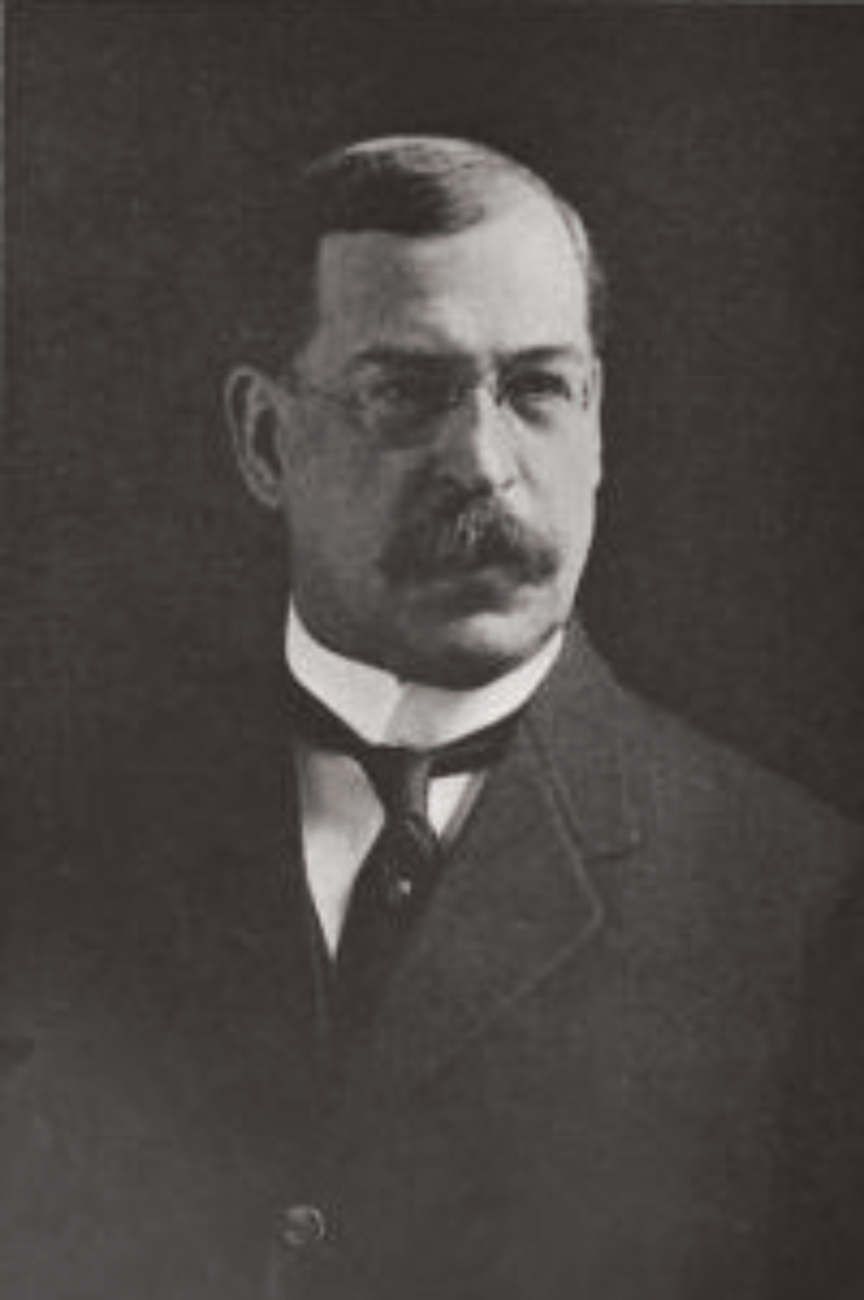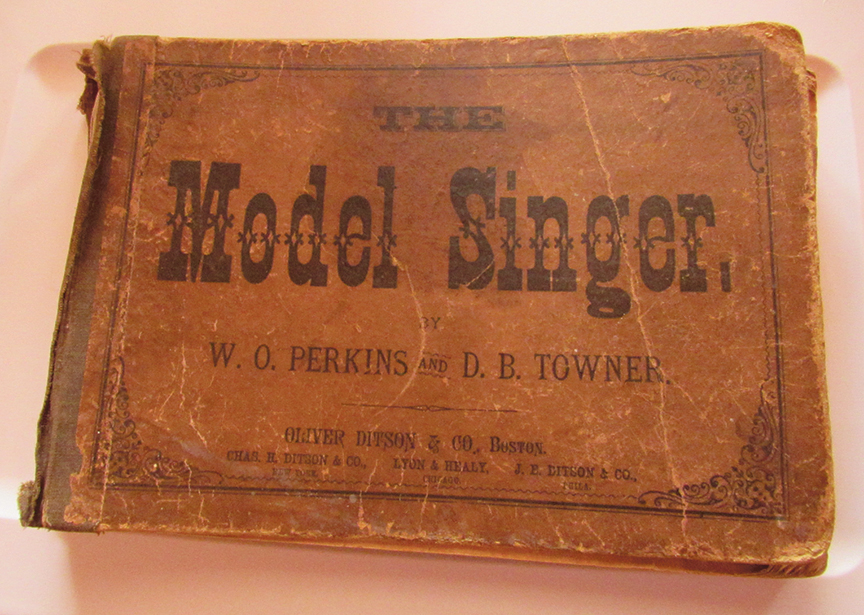Results Of The 1920 Election – Decisive Victories In New Hampshire

PHOTO: Elected 100 years ago, NH Governor Albert O. Brown had strong opinions about a state income tax, and that if government couldn’t operate efficiently it would become a reality.


by Robert Hanaford Smith, Sr.
Weirs Times Contributing Writer
On November 2, 1920 New Hampshire voters, along with those in the other 47 states, went to the polling booths to vote for their choice to be President of the United States. Granite Staters also cast their votes for two United States Congressmen, a United States Senator, and the Governor of New Hampshire. Two men from Ohio and one from Indiana were on the ballot for President. They were Republican Warren Harding, Democrat James Cox, and Socialist Eugene Debs.
Both of the running mates of the Republican and the Democrat candidates were men who would themselves eventually become President of these United States. One was a New Englander who was born in Vermont, but became the Governor of Massachusetts, whose name was Calvin Coolidge. The other would be elected for four terms during some difficult times in the country. His name is Franklin Delano Roosevelt of New York. But it was Warren Harding who was winner of the 1920 election, nation-wide and in New Hampshire where he received almost 60% of the vote.

The 2020 election has yet to be decided, but those elected to represent New Hampshire in Washington in 1920 were all Republicans, in contrast to the four that currently represent the state today, who are all Democrats.
George H. Moses defeated Raymond B. Stevens by a vote of 90,173 to 65,038 to win the Senate seat, with Socialist William Wilkins receiving just 1,004 votes. Sherman Everett Burroughs won a seat in the U.S. House of Representatives from District One by easily beating Rosecrans W. Pillsbury, Democrat, and Solomon Shechet, Socialist. In the Second District, Edward Wason won the other Representative seat over Democrat Charles French.
New Hampshire also elected a new Governor in 1920 who defeated his Democrat opponent, Charles Tilton by a margin of 93,273 votes to 62,174. There was also a Socialist candidate, Frank Butler, who received just 1,080 votes.

The new Governor was Albert O. Brown, and in this article we will feature the Governor who was elected 100 years ago.
Perhaps one of the most significant things about Albert Brown was that he was a native of this state. To quote The Granite Monthly, ‘…Mr. Brown is a typical New Hampshire man, by birth, residence, training, education, experience and service.” He was born in the town of Northwood on July 18, 1853 in an agricultural community. Albert Brown was a country boy, and, like many other children of New Hampshire farm parents in that day, had a happy but work-related childhood. He attended schools in Northwood, including Coes Northwood Academy, a college preparatory school. He attended a New Hampshire College, receiving his Bachelor of Arts degree from Dartmouth, and later attended the law school at Boston University.
Brown then became a professional lawyer, serving in a firm headed by Judge Henry E. Burnham, who was a United States Senator from New Hampshire for twelve years. Mr. Brown served as the head of the firm while Mr. Burnham was in Washington. According to The Granite Monthly magazine Brown had a happy home life as well as a very successful legal career. He was married to Susie J. Clarke in the year 1888 and they made their home in Manchester. He retired as an active lawyer in 1912, but continued an active life afterwards which obviously included politics.
Before becoming Governor, Mr. Brown served as the chairman of the state tax commission and in January of the year 1920 The Granite Monthly printed his article on the topic of an income tax. He wrote about “the increasing volume of taxation” and how the increased need for revenue should be obtained. According to the then future governor the restrictions in the New Hampshire constitution up to that time meant “We are thus, except for polls, in the main restricted to the general property tax, and from it we derive most of the revenue for the support of government, state, county, and local.” His opinion was that the state could not rely on an increase in property taxes to provide the additional funds needed to allow the government to provide additional services. Brown stated that between the years 1911 and 1919 local property taxes collected in the state had increased 100% from five and one-half million dollars to eleven million dollars. He added that the federal tax burden was heavy and that the state received fees from public service companies, the savings bank tax, the poll tax, the inheritance tax, the insurance tax, and fees from automobile licenses. The average property tax in the state was $2.28 for each hundred dollars of valuation.
The soon to be Governor also mentioned that the legislature of the state had voted to give each veteran of the World War a bonus of $79 and increased the poll tax to $5 which was to include women voters. Remember that women voted for the first time in the 1920 general election.
Still, according to Brown, more money was needed, especially for schools and highways and to care for the poor. He said that poll taxes, the tax that allowed people to vote, could not be increased, and that property taxes were about as high as they should be allowed to go, so an alternative, or a new tax was needed to pay for the necessary items. “The only such source in sight is a tax on income,” he wrote.
He then went on to explain how such a tax could be implemented and how it could easily supply the needed revenue for the state. It could, he said, be adjusted from time to time to allow for changes in the amount of needed revenue. “Flexibility would be one of its merits.”
But then, Albert Brown added an interesting opinion. Something else needed to come first before an income tax was implemented. “Economy and efficiency are entitled to a trial. State and municipal affairs are seldom conducted with the prudence and sagacity that characterize private business.” He indicated that the recent war (World War I) brought inflation and involved extravagance and waste, which he suggested extended their influence to public finance.
Brown warned that efficiency and economy by those running the governments was the only way that an income tax could be avoided. He indicated that it needed to be the people starting at the local level that could make it happen.
So there you have the results of the election of 1920 and the remarks on taxation by the man who was elected New Hampshire’s governor 100 years ago. I guess the question is: what have we learned about efficient government in the past 100 years?
Robert Hanaford Smith, Sr., welcomes your comments at danahillsmiths@yahoo.com



